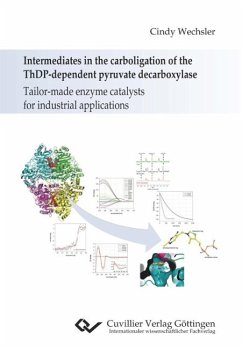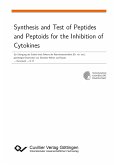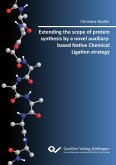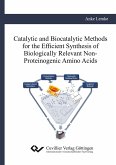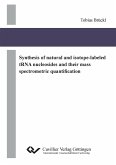As enzymatic transformations become more and more recognized as practical alternative for synthetic applications, one objective of this thesis was to contribute to the industrial synthetic portfolio with newly designed tailor-made catalysts. The main objective however was to perform a comprehensive study on the prototypical ThDP-dependent enzyme pyruvate decarboxylase to deduce mechanistic principles by which the fate of reaction intermediates are conferred. Within this thesis, mechanistic studies on pyruvate decarboxylase from Z. mobilis have been performed with relevance for asymmetric carboligation applications. A successful approach has been made to generate tailor-made catalysts through distinct reaction-design, based on mechanistic understanding and genetic engineering rather than on random mutagenesis. With this chemical rational, it was possible to reprogram a carboligase to an efficient and uniquely effective carboligase. Detailed analysis of the catalytic mechanism of Z. mobilis PDC with highly sophisticated kinetic and thermodynamic methods together with structural analysis, could delineate the stereochemical course of the reaction.

